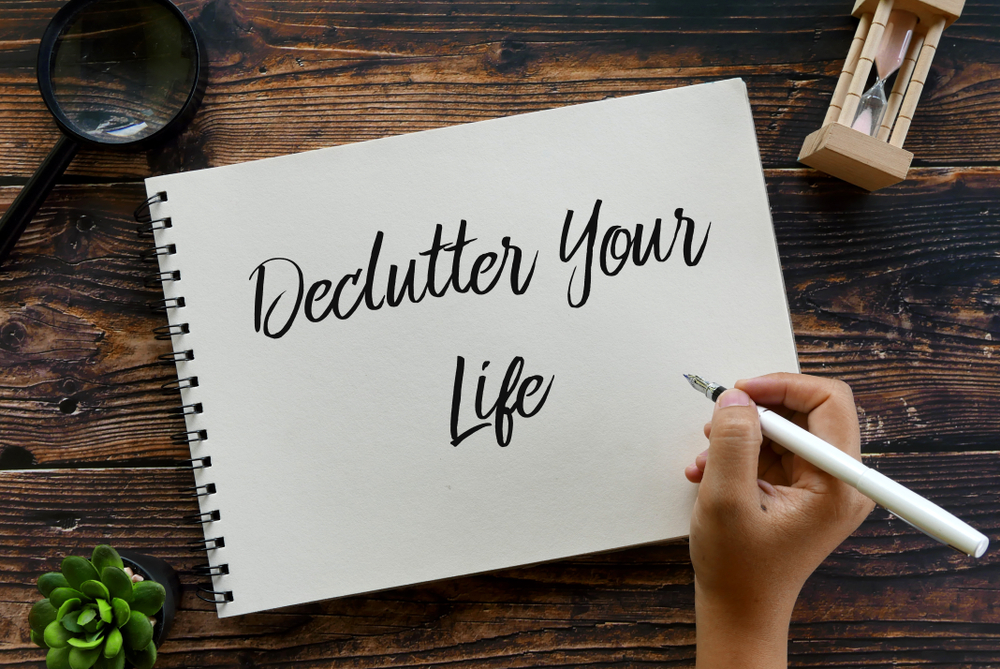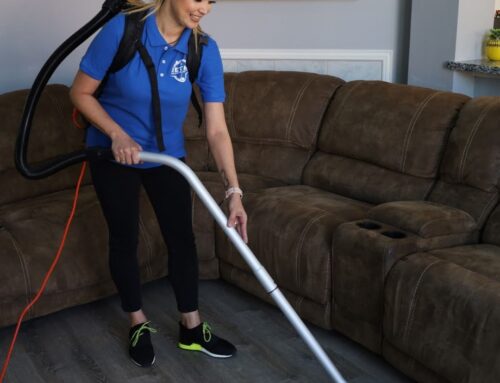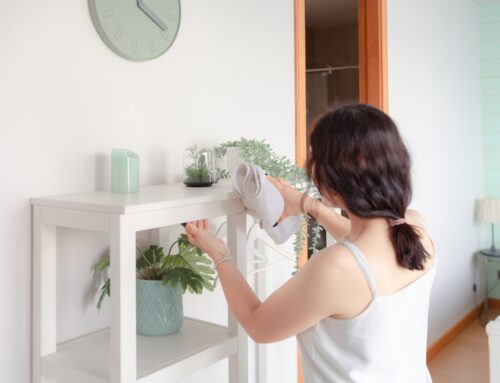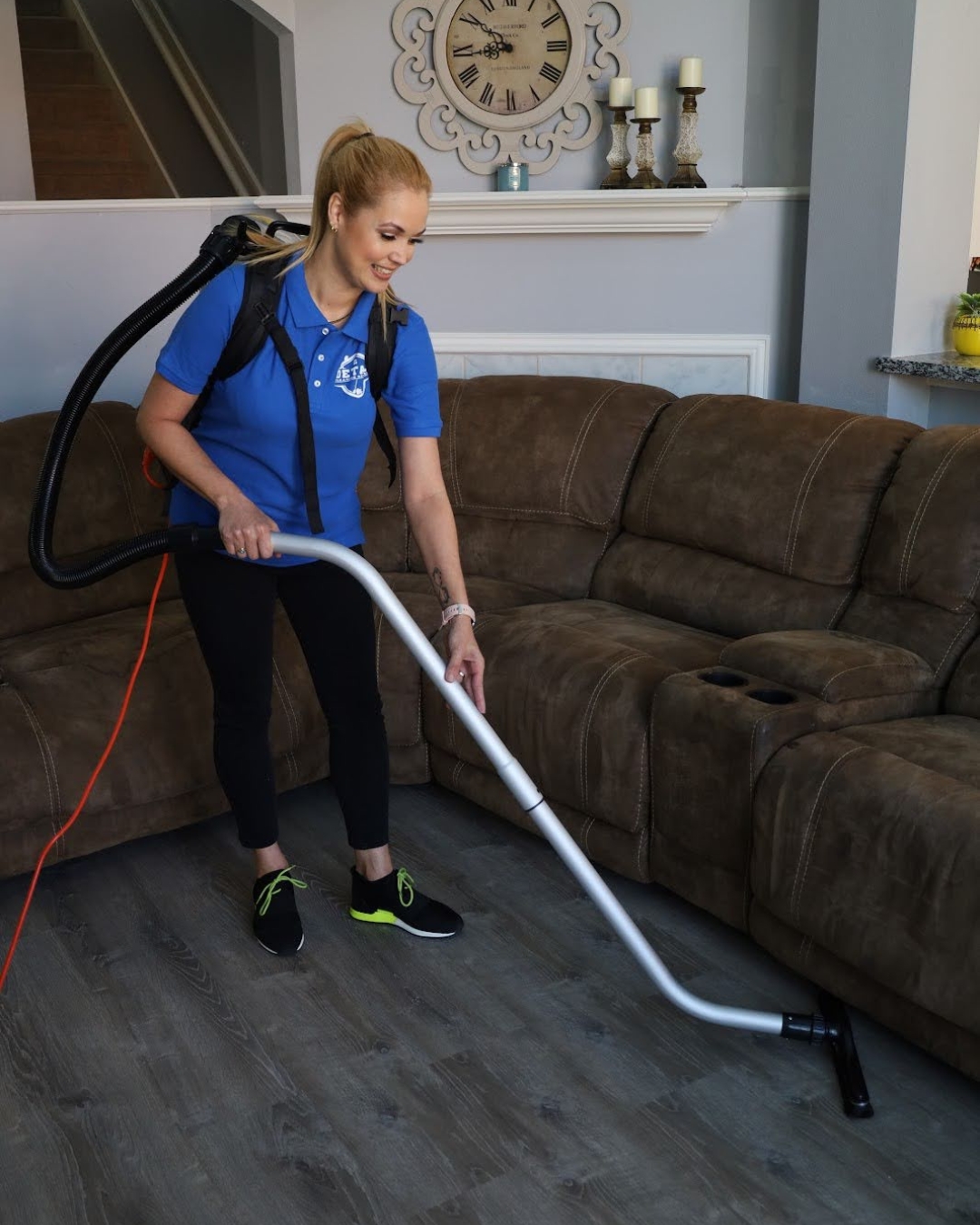
Effective Ways to Declutter Your Home and Improve Mental Clarity
Having a clutter-free home can greatly contribute to our overall well-being and mental clarity. A cluttered living space not only creates physical chaos but also has a profound impact on our mental state. It can cause stress, anxiety, and feelings of overwhelm, making it difficult to find peace and focus. In this article, we will explore the link between a clutter-free home and mental well-being, and provide you with effective methods to declutter your home and create a harmonious living environment.
Understanding the Link between Clutter and Mental Clarity
- The Impact of Clutter on Mental Well-beingLiving in a cluttered environment can have a negative impact on our mental health. It overwhelms our senses, increases stress levels, and makes it harder to relax and unwind. Clutter can also lead to feelings of guilt, shame, and embarrassment, affecting our self-esteem and overall happiness.
- Benefits of a Clutter-Free HomeOn the other hand, a clutter-free home offers numerous benefits for our mental well-being. It promotes a sense of calmness, improves focus, and enhances our ability to think clearly. A tidy and organized living space creates a positive atmosphere and allows us to feel in control of our surroundings.
Assessing the Clutter
- Identifying Problem AreasStart by identifying the areas in your home that are most cluttered. These could be your closets, kitchen counters, or even your digital space. Understanding where the clutter accumulates will help you prioritize your decluttering efforts.
- Categorizing ItemsCategorize your belongings into different groups such as “keep,” “donate/sell,” or “discard.” This will assist you in making decisions about what to keep and what to let go of.
- Setting PrioritiesDetermine which areas or items require immediate attention. Set priorities based on your needs and the level of clutter in each area. This will help you tackle the decluttering process more efficiently.
Sorting and Organizing
- Decluttering Room by Room
Begin the decluttering process by focusing on one room at a time. Start with a smaller and more manageable area to build momentum and motivation. Remove items that don’t belong in that room and find a designated spot for them.
- Creating a SystemDevelop a systematic approach to organizing your belongings. Consider using storage solutions such as bins, baskets, or shelves to keep items organized and easily accessible. Labeling containers and categorizing items will make it easier to find things when needed.
- Utilizing Storage SolutionsMaximize your storage space by using innovative solutions. Invest in space-saving furniture like ottomans with hidden compartments or vertical shelving units. Utilize hooks, racks, and drawer organizers to keep items neatly stored and avoid clutter.
Letting Go of Unnecessary Items
- Embracing MinimalismEmbrace the concept of minimalism by evaluating your belongings and letting go of things that no longer serve a purpose or bring you joy. Ask yourself if an item holds sentimental value, is genuinely useful, or contributes to your well-being. If not, consider parting ways with it.
- Donating and SellingDonate items that are in good condition but no longer needed or wanted. Organizations and charities often accept donations and can put them to good use. You can also sell items online or organize a garage sale to declutter while making some extra money.
- Recycling and Disposing ResponsiblyFor items that are no longer usable or in poor condition, consider recycling or proper disposal methods. Research local recycling centers or waste management facilities that can handle different types of materials safely and responsibly.
Maintaining a Clutter-Free Home
- Daily HabitsCultivate daily habits to prevent clutter from accumulating again. Take a few minutes each day to tidy up, put things back in their designated places, and discourage the buildup of unnecessary items.
- Regular Cleaning and Decluttering SessionsSchedule regular cleaning and decluttering sessions to maintain a clutter-free home. Set aside dedicated time, perhaps once a month, to reassess your belongings, reorganize spaces, and eliminate any new clutter.
- Mindful ConsumptionPractice mindful consumption to avoid unnecessary purchases and impulse buying. Consider the true value and purpose of an item before bringing it into your home. Choose quality over quantity and prioritize experiences over material possessions.
The Role of Mindfulness in Decluttering
- Mindful Decision-MakingApproach decluttering with mindfulness and intention. Make conscious decisions about what to keep and what to let go of. Reflect on the emotional attachment or practicality of each item and let go of the fear of missing out or holding onto things out of obligation.
- Cultivating GratitudeExpress gratitude for the items you choose to keep and the space you create. Appreciate the value and functionality of your belongings, and let go of the need for excessive accumulation. Gratitude helps shift your focus from possessions to experiences and relationships.
- Finding Peace in SimplicityEmbrace the simplicity and freedom that comes with a clutter-free home. Create an environment that promotes tranquility, calmness, and well-being. Enjoy the spaciousness, ease of movement, and mental clarity that decluttering brings.
Creating a Harmonious Living Environment
- Designing Functional SpacesDesign your living spaces to be functional, practical, and aligned with your lifestyle. Consider the flow of movement, accessibility, and organization when arranging furniture, storage solutions, and decorative elements. Aim for a balance between aesthetics and functionality.
- Incorporating Minimalist Principles
Take inspiration from minimalist principles when decorating and styling your home. Keep surfaces clean and uncluttered, embrace neutral color palettes, and opt for simple and purposeful decor. Avoid excessive ornamentation and prioritize quality over quantity.
- Adding Personal TouchesWhile maintaining a clutter-free environment, don’t be afraid to add personal touches that bring warmth and character to your home. Display meaningful photographs, artwork, or sentimental items that enhance the ambiance without overwhelming the space.
The Mental Benefits of a Clutter-Free Home
- Reduced Stress and AnxietyA clutter-free home promotes a sense of calmness and reduces stress and anxiety. When our surroundings are organized and free from visual distractions, our minds can relax and focus better, leading to improved mental well-being.
- Increased Focus and ProductivityClearing the physical clutter allows us to declutter our minds as well. With fewer distractions, we can concentrate better, improve productivity, and achieve a greater sense of accomplishment in our daily tasks and goals.
- Improved Mood and Well-beingLiving in a clutter-free environment has a positive impact on our mood and overall well-being. It creates a sense of harmony, order, and serenity, which can contribute to a more positive outlook on life and enhanced emotional well-being.
Conclusion
Decluttering your home is not just about creating a visually pleasing space; it has a profound impact on your mental clarity and overall well-being. By understanding the link between clutter and mental health, and following effective decluttering methods, you can create a harmonious living environment that promotes peace, focus, and a sense of control. Embrace the principles of minimalism, practice mindfulness in decision-making, and enjoy the mental benefits of a clutter-free home.
Share this article
Follow us
A quick overview of the topics covered in this article.










